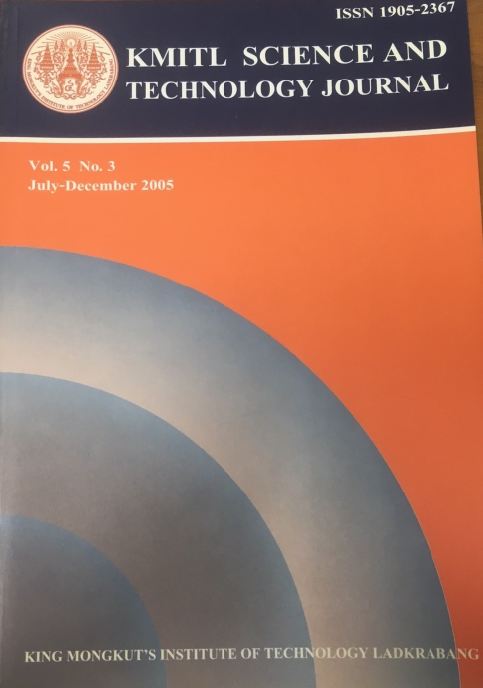This study presents a detailed comparison between viable adaptive intelligent torque control strategies of induction motor, emphasizing advantages and disadvantages. The scope of this study is to choose an adaptive intelligent controller for induction motor drive proposed for high performance applications. Induction motors are characterized by complex, highly non-linear and time varying dynamics and inaccessibility of some states and output for measurements and hence can be considered as a challenging engineering problem. The advent of torque and flux control techniques have partially solved induction motor control problems, because they are sensitive to drive parameter variations and performance may deteriorate if conventional controllers are used. Intelligent controllers are considered as potential candidates for such an application. In this paper, the performance of the various sensorless intelligent Direct Torque Control (DTC) techniques of Induction motor such as neural network, fuzzy and genetic algorithm based torque controllers are evaluated. Adaptive intelligent techniques are applied to achieve high performance decoupled flux and torque control. The theoretical principle, numerical simulation procedures and the results of these methods are discussed.
Keywords: Direct Torque Control, Induction Motor, Intelligent Control, Fuzzy, Neural Networks and Genetic Algorithm.
E-mail: cast@kmitl.ac.th
Vasudevan, M. ., & Arumugam, R. . (2018). High-Performance Adaptive Intelligent Direct Torque Control Schemes for Induction Motor Drives. Current Applied Science and Technology, 559-576.

https://cast.kmitl.ac.th/articles/145555